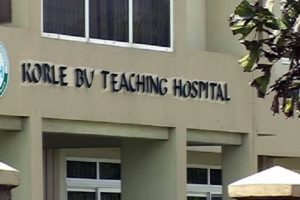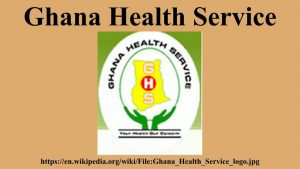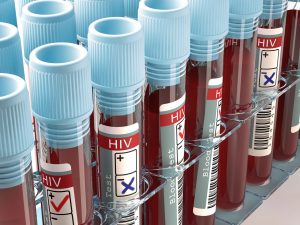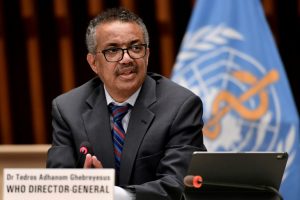Ghana will not be able to eradicate Neglected Tropical Diseases (NTDs) by 2020 as required by the World Health Organisation (WHO).
This, according to the Ghana Health Service (GHS) is because, Elephantiasis and Lymphatic Filiarisis remained endemic in the country, despite the annual Mass Drug Administration (MDA) exercises conducted on the NTDs by the GHS.
Elephantiasis and Lymphatic Filiarisis are common in Upper East, Upper West, Bono, Northern and Western Regions, but Dr. Benjamin Kofi Marfo, the Programmes Manager for the NTDs indicated the situation was taking disturbing trend in Sunyani Municipal and Sunyani West District as more cases were being detected.
NTDs are group of 20 infections and parasitic disease, which affect over a billion people worldwide and most of them live in extreme poverty.
The common diseases in Ghana are Elephantiasis, Lymphatic Filiarisis, Yaws, Bilharzia, Buruli Ulcer, Leprosy, Intestinal Worms and Sleeping Sickness.
Last year, the country made a significant achievement and eradicated trachoma, which was endemic in Upper West and Northern Regions.
Speaking about the NTDs at the national launch of the 2019 MDA on Tuesday in Sunyani, Dr. Marfo said onchocerciasis was still endemic in 120 districts, adding, the disease was endemic in all the regions except Greater Accra.
It was on the theme: “Improving MDA in All Endemic Districts”.
Dr. Marfo expressed concern about the stigmatization of patients suffering from NTDs, saying, because of the high stigma, many people hid and refused to seek medication when infected.
He called for concerted approach to help for the early detection of the diseases to put patients on medication for their (NTDs’) eradication in the country at least by 2025.
Dr. Yao Yeboah, the Chairman of the GHS Governing Council, emphasised that multi-sectoral approach was required between GHS, traditional authorities, civil society actors, development partners and all stakeholders to eradicate the NTDs in the endemic areas.
He stressed the need to also improve on engagements among all stakeholders, intensify community education and sensitisation, enhance training and motivate community volunteers in the fight against the NTDs.
Dr. Yeboah lauded the nation’s development partners for their continuous support and expressed the hope that more commitments would be made towards Ghana’s efforts to eradicate the neglected diseases in the country.
In a speech on his behalf, Dr. Kofi Issah,






